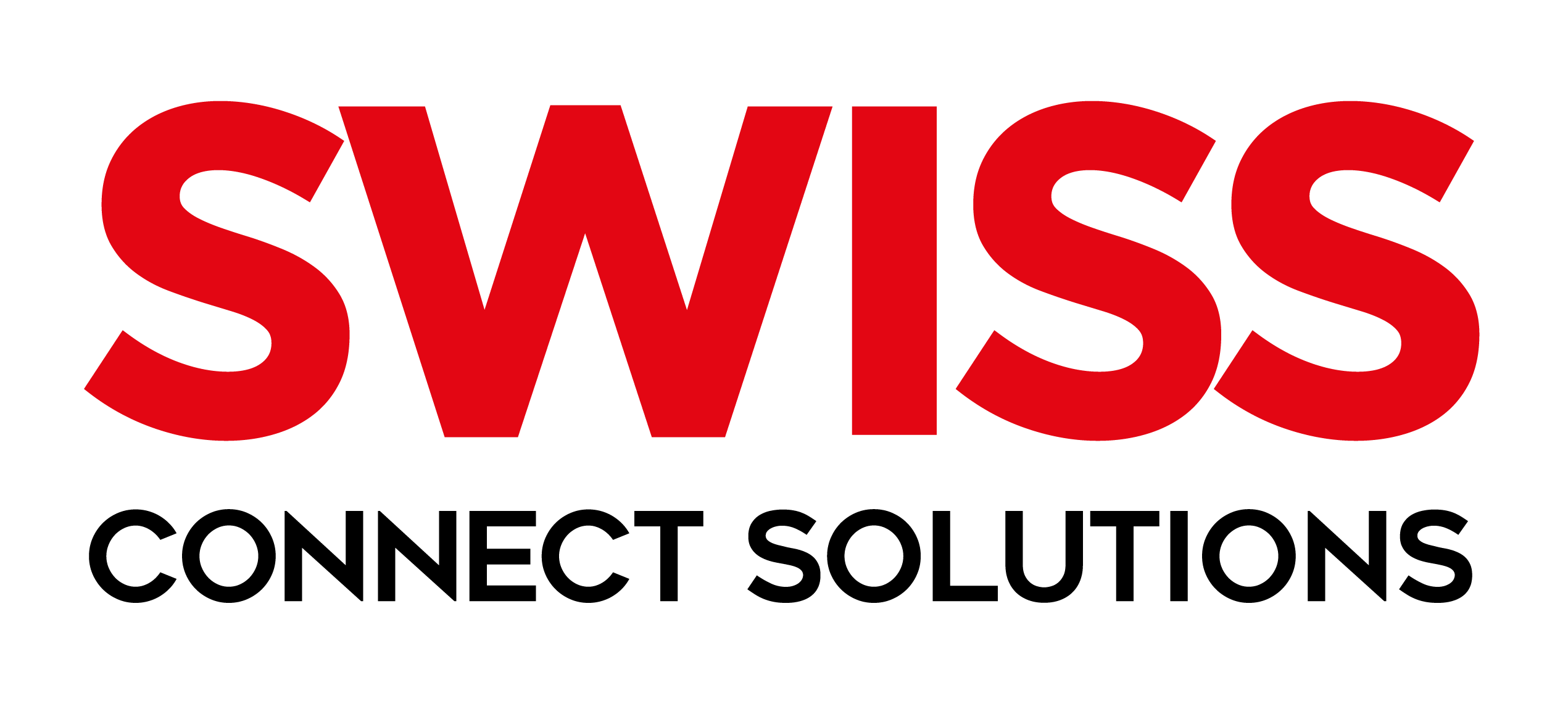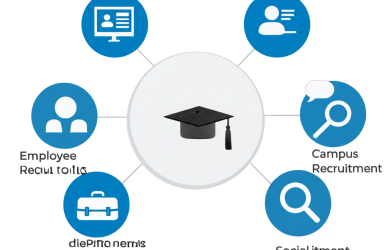1. Economic Shift: Transition to a Post‑Oil, Tech‑Driven Market
The UAE is accelerating its pivot toward a knowledge-based, diversified economy. Under initiatives like UAE Vision 2021 and Centennial 2071, reliance on oil revenues is significantly diminishing. This transformation is reshaping hiring priorities—from traditional industries to tech, sustainability, healthcare, and finance
Key sectors generating demand:
- Technology & ICT: Positions in software development, AI, cybersecurity, cloud architecture, data analytics are booming .
- Sustainability & Green Economy: Renewable energy, ESG reporting, environmental consultancy roles are expanding, aligned with the Net Zero 2050 roadmap
- Healthcare & Life Sciences: Growing infrastructure, medical tourism, telehealth, biotech R&D—driving roles in public health, pharmacy, digital health
- Finance & Regulatory Services: Dubai’s booming finance sector, with demand stretching from fintech to regulatory compliance, is creating high-level opportunities
Further, non‑oil PMI highlights strong private‑sector hiring momentum, driven by increased outsourcing, new projects, and global demand .
2. AI & Automation: The Dual Force Reshaping Roles
Artificial intelligence and automation aren’t future prospects—they’re actively transforming job profiles and recruitment practices:
- Tech hiring: AI/ML engineers, data scientists, NLP experts, computer-vision specialists, and AI governance roles are in top demand
- AI-infused HR tools: From CV screening and candidate matching to sentiment analysis in interviews, over 80% of recruiters are leveraging ethical AI platforms
- Reskilling initiatives: Organizations are investing in upskilling employees—with internal transitions to AI-assisted roles and public partnerships (Coursera, LinkedIn Learning) metierme.net.
Takeaway for seekers: Showcase familiarity with AI tools, stay updated on automation trends, and pursue practical certifications or micro‑credentials.
3. Skill‑First Hiring: Credentials are Secondary
The era of degree-first recruitment is fading. Employers are increasingly swapping academic prerequisites for demonstrated competencies:
- Performance-based screening: Platforms and assessments are used to validate digital, technical, and soft skills
- Micro‑credentialing: Many are pursuing short online courses to bridge the gap—something widely encouraged by HR after 2025 .
Advice: Highlight hands-on projects, certifications, and learning agility on your resume rather than just degrees.
4. Remote, Hybrid and Flexible Work Models
Post-pandemic flexibility isn’t reverting. UAE companies recognize remote/hybrid setups as competitive differentiators:
- Adoption stats: Nearly half of Dubai’s workforce now engages in remote work, with a 20% rise in hybrid roles anticipated by 2025
- Gig economy: UAE’s Freelancer Visa has catalyzed freelance growth—content creation, web development, consulting are booming
- Employer-wide flexibility: Performance-focused cultures now favor results over presence
For job seekers: Emphasize digital collaboration, remote-friendly certifications, and adaptability in your applications.
5. Emiratization: Compliance with Local Talent Initiatives
Government mandates to integrate UAE nationals into the private sector remains a top priority:
- Quotas: Companies over 50 employees must have at least 1% Emirati nationals by July 1, 2025—and even stricter targets apply for 20–49 employee firms
- Support & penalties: MoHRE incentivizes compliance, while non-adherence can lead to fines upwards of AED 96,000 annually per vacancy
- Business case: Firms initiating Emirati internship-to-leadership pipelines gain reputational and economic advantages .
If you’re Emirati: Understand targeted upskilling, connect with vocational programs, and seek firms with clear Emirati career frameworks.
6. Compensation & Living Cost Realities
Balancing living expenses with competitive pay is shaping compensation trends:
- Stagnant salaries: Surveys show wage growth is essentially flat in 2025 due to increased expat labor supply—while rents have surged ~16% annually in Dubai businessinsider.com.
- Employer intent: Despite stagnant wages, about 80% of employers expect to increase salaries, with 69% planning headcount growth
- Targeted raises: High-demand fields like tech, finance, healthcare could see salary boosts between
Strategy for seekers: Negotiate based on benchmarks (e.g., tech: AED 30k–55k), and lobby for competitive allowances—housing, health, schooling.
7. Benefits & Wellbeing as Retention Tools
Companies are increasingly prioritizing wellbeing and benefits to attract and retain talent:
- Key perks: Health/life insurance, flexible work, gym memberships, allowances—over 60% of survey respondents ranked benefits above salary reddit.com.
- Wellbeing support: Employers offer mental health services, wellness stipends, and counseling, reflecting high burnout rates (92%) peoplepartners.me.
- Retention via transparency: Clear compensation and work-life balance strategies are increasingly advertised to job seekers .
Tip: Evaluate benefits packages holistically and champion them in interviews. Detail how these perks boost your performance and loyalty.
8. Employer Branding & Candidate Experience
Attracting talent means showcasing more than open roles—it requires a strong employer identity:
- Branding focus: 74% of UAE professionals value personalization and culture in their job search
- Mobile & digital reach: Companies are simplifying applications, leveraging social media, and boosting mobile UX to engage candidates
- Faster hiring: Automation is reducing time-to-hire by ~20%, while cost-per-hire dips ~15%—all thanks to smarter recruitment tech
How to stand out: Craft thoughtful applications that reflect company values; invest in digital personal branding.
9. Diversity, Equity & Inclusion (DEI) Gains Traction
DEI is no longer a soft HR initiative; it’s woven into recruitment strategies:
- Women in leadership: UAE climbed 5 places to #69 globally in gender parity in 2025—thanks to better female representation at senior levels
- Inclusive hiring: Job descriptions are being retooled, and pay equity audits are becoming standard practices .
- Multicultural workplaces: Emphasis on cross-cultural communication to support the mix of global and local hires .
Your angle: Highlight multilingual, multicultural, and inclusive collaborations in your experience—it’s increasingly valued.
10. Growth in Blue‑Collar Roles & Gig Economy
Not all opportunities are white-collar. Blue-collar jobs and freelance gigs are rapidly expanding:
- Construction & ports: A 69% spike in blue-collar openings, driven by infrastructure and industrial growth
- Freelance boom: With flexible visas and remote infrastructure, many professionals are launching independent digital services .
Advice: If you’re skilled in trades, logistics, or digital freelancing, there’s significant demand. Build a solid online presence, formalize contracts, and optimize your gig offerings accordingly.
Practical Tips for UAE Job Seekers
- Upskill continuously
Embrace micro‑credentials in AI, data, cloud, sustainability. Use Coursera, LinkedIn Learning, and UAE-sponsored programs. metierme.net - Showcase real impact
Lead with practical results—projects, portfolios, metrics—over academic credentials. - Value benefits & flexibility
Ask proactively about hybrid models, wellbeing support, housing or education perks. - Negotiate smartly
Use salary benchmarks by sector. Emphasize compensation ranges for tech, finance, healthcare. - Highlight DEI & intercultural skills
Share experiences working with diverse teams, fluency in Arabic or other languages, and inclusive collaborations. - Network strategically
Attend events like Tawdheef Career Fair in Abu Dhabi; join local professional communities and LinkedIn groups. - Optimize digital presence
Maintain a professional LinkedIn profile, mobile-ready CV, and visible portfolio. - Consider freelancing/gig roles
Explore contracting opportunities in digital sectors; consider registering for the Freelancer Visa.
What’s Ahead: The 2026 Outlook
- Post‑tax stability: Slower hiring in H2 2025 as companies adjust to new corporate tax regimes, with stabilization expected after Q4
- Sustained AI growth: Ongoing investments in GCC AI strategy and UAE’s tech agenda ensure continued opportunities .
- Golden Visa draw: Newly widened eligibility for AI, climate, and tech professionals ups talent migration
- Expat influx pressures: Stagnant salaries and rising cost of living create disparities—differentiation through skills and flexibility is critical
Final Takeaway
The UAE job landscape in 2025 is a complex mix of opportunity and challenge. It rewards those who are digitally fluent, adaptable, and strategic about their career moves. Whether entering high-growth tech ecosystems, tapping into sustainable roles, navigating Emiratization, or freelancing—as a job seeker, understanding how to match your profile with market demands will define your success. Equip yourself not just with skills, but with mindset, networks, and savvy negotiation



